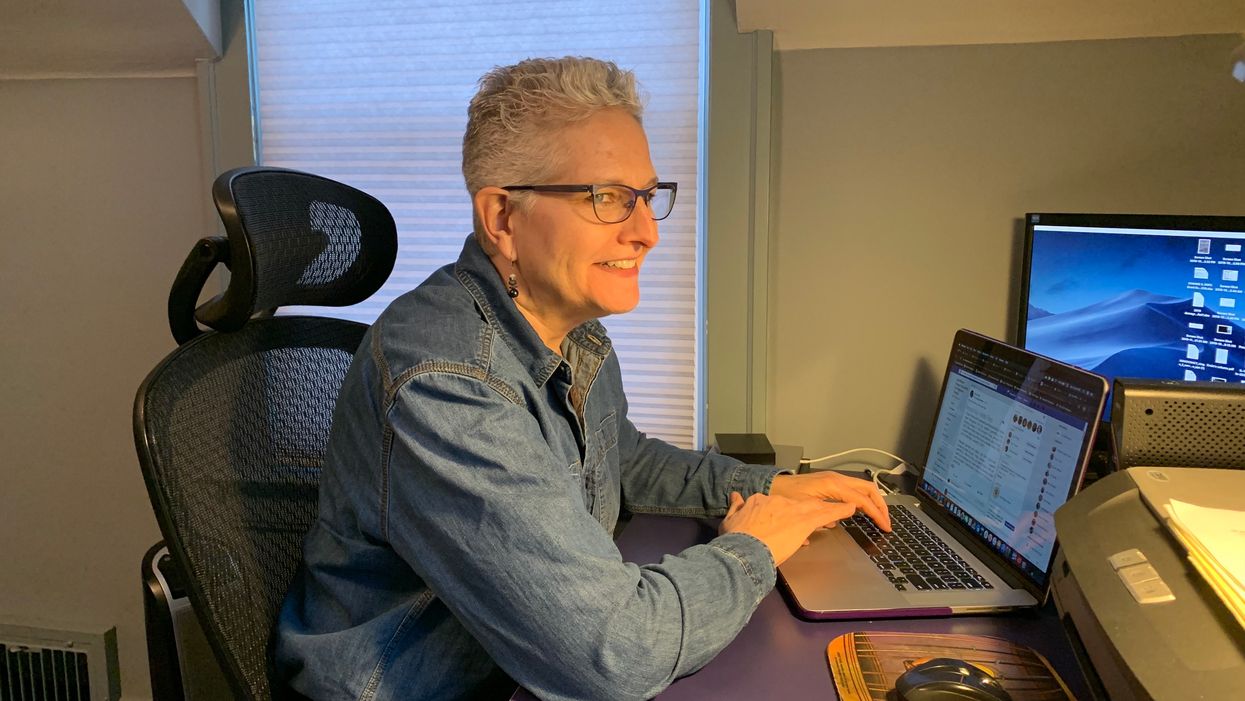After three decades as an investigative and political reporter and newspaper editor in the Chicago area, Madeleine Doubek switched to democracy reform advocacy three years ago. First came the Better Government Association, a nonprofit journalism outfit aiming to boost transparency and efficiency of the state government in Springfield, and for the past year she has served as executive director of CHANGE Illinois. Its top priority is persuading the solidly Democratic General Assembly and Gov. J.B. Pritzker to agree to put a referendum on the 2020 ballot turning over congressional and legislative redistricting to an independent commission. (The deadline is early May and three similar efforts have come up short.) Her answers have been lightly edited for clarity and length.
What's democracy's biggest challenge, in 10 words or less?
Gerrymandering is where corruption and voter suppression are born.
Describe your very first civic engagement.
At some point as a very young kid, I stood in the front hallway of our two-flat row house on the South Side of Chicago, listening and talking with the local Democratic Party precinct captain who paid my mom a visit before every election.
What was your biggest professional triumph?
Getting a law passed while I led the policy department at the Better Government Association that restricts the exorbitant, golden parachute severance packages that public executives get in Illinois.
And your most disappointing setback?
Having our Fair Maps Amendment blocked from being assigned to committee or debated despite having more than three-fifths of our state senators signed on as sponsors.
How does your identity influence the way you go about your work?
I've spent most of my adult life working as a political journalist so I am constantly thinking about new ways to communicate the need for systemic democracy reforms in a way that will make people stop what they're doing and get engaged. It's an unending quest.
What's the best advice you've ever been given?
Be the change you wish to see in the world.
Create a new flavor for Ben & Jerry's.
Bipartisan Blueberry Cashew Ripple
What's your favorite political movie or TV show?
"All the President's Men." Politics, newspapers, investigations and intrigue. Robert Redford. What more could you want? Although, another great one is "Deadline-USA," with Humphrey Bogart. If you've never seen it, check it out!
What's the last thing you do on your phone at night?
Check my calendar for the following day to make sure I didn't forget something.
What is your deepest, darkest secret?
I hate having to ask for donations so we can keep fighting for an improved Illinois.




















Trump & Hegseth gave Mark Kelly a huge 2028 gift